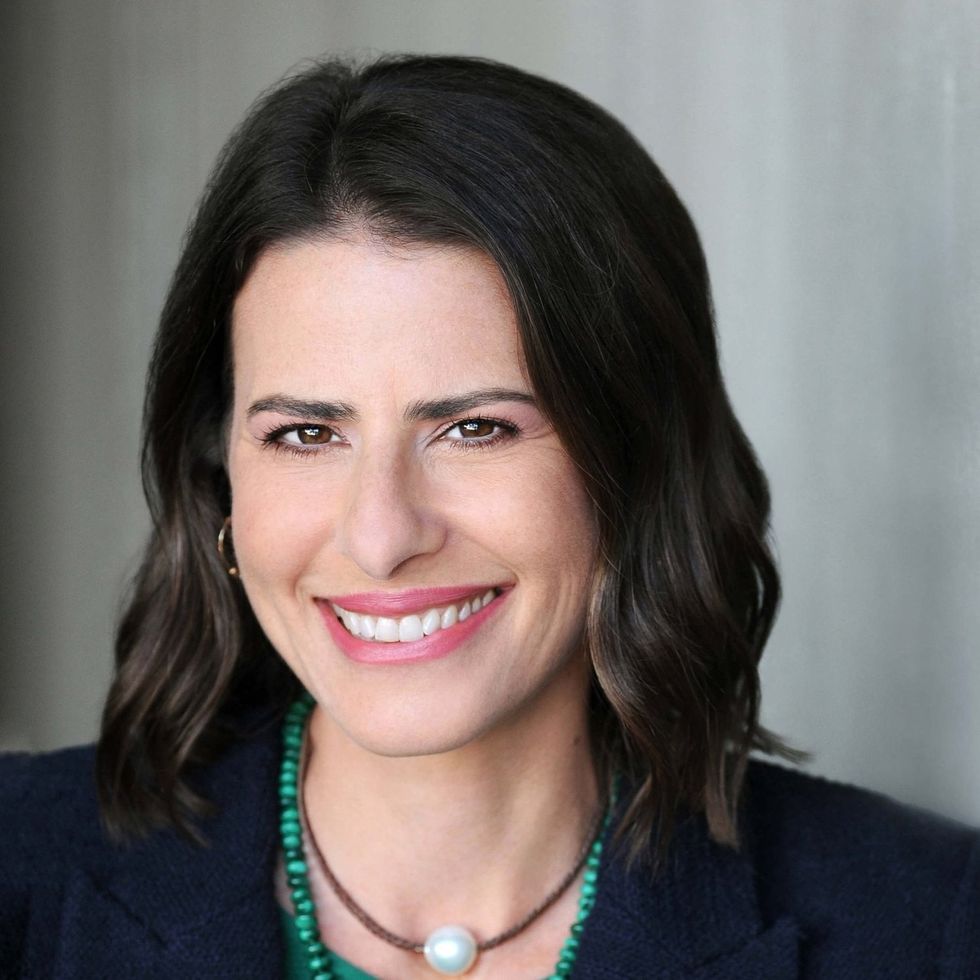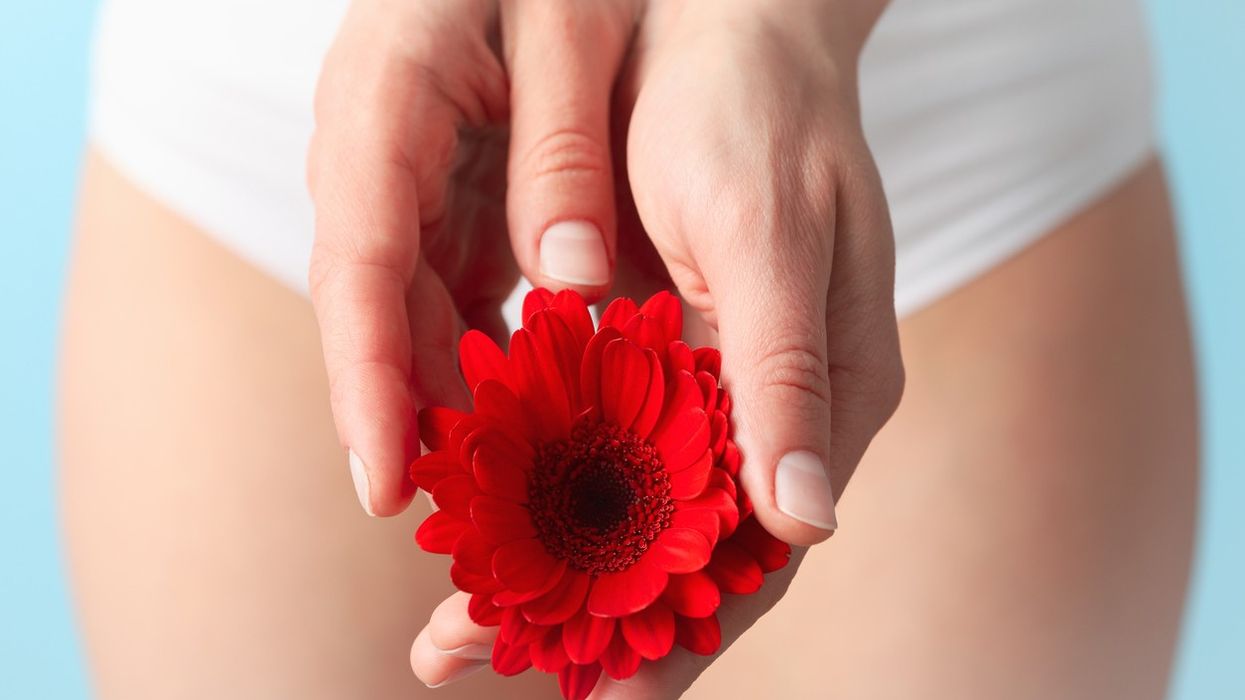Research conducted by biologist Deena Emera where she talks about the menstrual cycle and how many people including medical professionals are not aware of menstruation.
Common misconceptions prevail, such as the belief that periods serve to "cleanse the womb" or "prepare for pregnancy." However, these notions are not only inaccurate but also perpetuate harmful myths about the female body's purity and status.

Contrary to popular belief, the female reproductive system is not inherently impure or toxic. Menstrual fluid is not a waste product like urine or faeces; it serves a specific biological function.
So why do humans have periods when 98% of mammals do not?
The prevailing theory, proposed by evolutionary biologist Deena Emera, suggests that menstruation evolved as a preemptive mechanism to safeguard women from potentially dangerous or unviable pregnancies.
"As part of my research, I reviewed the menstrual cycle content of 16 of the most used biology and physiology textbooks in UK secondary schools, university level natural sciences, medicine, and specialist gynaecology education – and what I found was pretty alarming," said Emera.
Despite the importance of understanding menstruation, research shows that menstrual health education is severely lacking. Textbooks often overlook the functional purpose of periods and focus solely on hormonal fluctuations. This narrow perspective not only obscures the true nature of menstruation but also perpetuates harmful stereotypes about women's emotional and physical experiences.
Humans exhibit significantly elevated occurrences of genetically abnormal eggs, sperm, and fertilized eggs, along with highly invasive placental attachments. Consequently, pregnancy and childbirth pose considerable risks, potentially resulting in fatalities for human females.
This translates into low conception rates, high rates of miscarriage, and alarmingly high levels of maternal mortality compared to other mammalian species. Despite advancements in modern medicine, nearly 300,000 expectant mothers succumb annually on a global scale.
Moreover, many textbooks fail to address the inflammatory processes involved in the menstrual cycle's second phase, leading to a lack of understanding about common menstrual symptoms like pain and bloating. Additionally, associated health issues such as endometriosis and polycystic ovarian syndrome are often overlooked, leaving medical professionals ill-equipped to address these conditions.
The historical portrayal of women as inherently irrational or "hysterical" has also influenced menstrual health education. Early medical texts attributed women's emotional distress to their reproductive organs, perpetuating harmful stereotypes about female behaviour. While advancements in medical knowledge have debunked these ideas, the legacy of this bias persists in contemporary menstrual health education.
Improving menstrual health literacy is crucial for promoting gender equality and improving healthcare outcomes for women. By providing comprehensive education about the purpose and physiology of menstruation, we can empower individuals to better understand their bodies and advocate for their health needs. It's time to dispel the myths surrounding menstruation and embrace a more informed and inclusive approach to menstrual health education.




